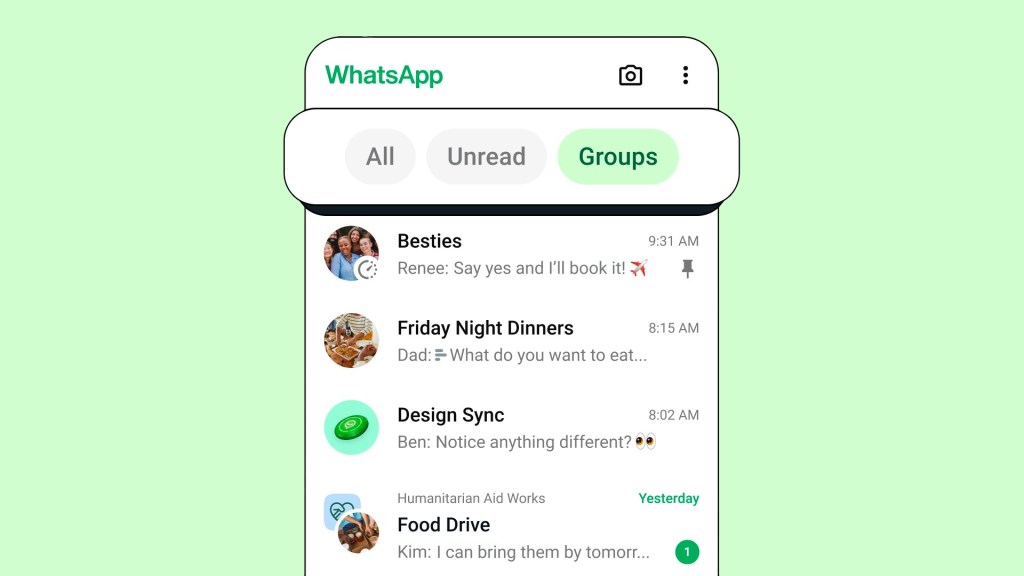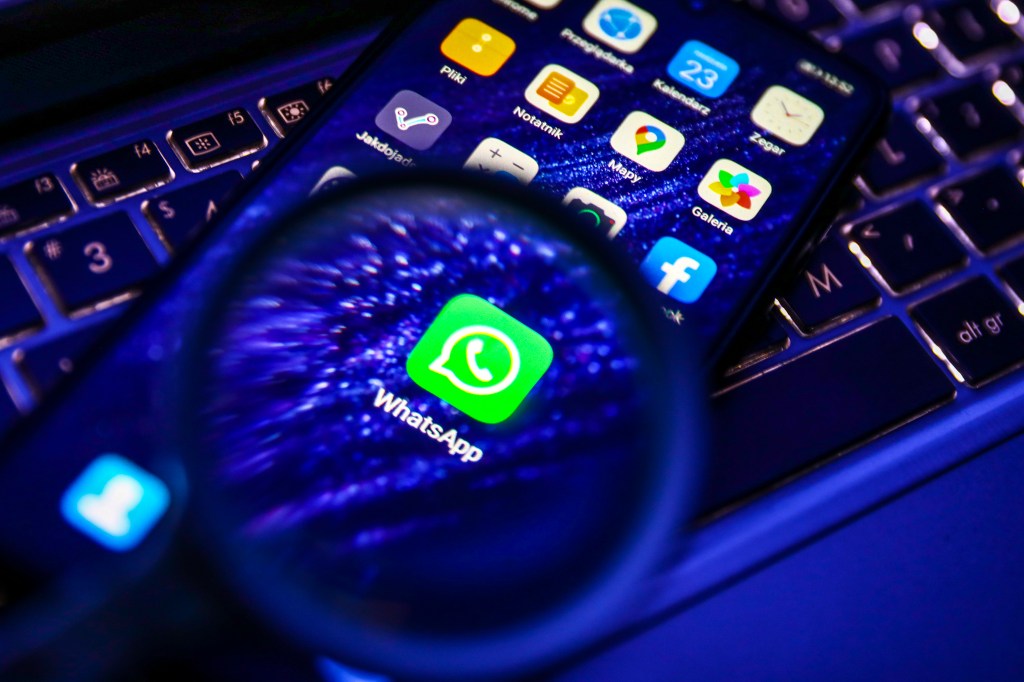 Image Credits: SuperAGI
Image Credits: SuperAGI
Newlands VC, the super-secretive investment firm bankrolled by WhatsApp co-founder Jan Koum, is leading a $10 million investment into SuperAGI, TechCrunch has learned exclusively.
The startup has ambitions to build a full-stack artificial general intelligence (AGI) platform based on large agentic models (LAMs) — seen by some as the next stage in development for large language models. It landed the funding after its research started to pick up traction. Some 20,000 developers — including people at Microsoft, Google, Tencent, Tesla, JP Morgan Chase and OpenAI — are using the tools its already launched.
The Series A will be used for further research, as well as middleware and software applications that SuperAGI believes will bring AI closer to working more reliably in a wider range of use cases.
“People have realized that ChatGPT and LLMs are great [when it comes to] the creation of the content. But when you actually have to take an action, that’s where most of the LLMs fail. So, that’s what we solved for with SuperAGI,” said co-founder and CEO Ishaan Bhola, in an interview. “There are a lot of these agentic frameworks coming on the market, but none of them really work to solve this problem.”
We also understand large companies that are already making headway in AI are also looking at investing in SuperAGI, although it’s holding off on taking strategic backers at this stage.
Very little is known about Newlands VC — this profile in Forbes from November 2023 is really the first light that was really focused on the firm, which is run by ex-Sequoia partner Michael Abramson out of Dallas, Texas. It had been mentioned before as an investor in enterprise startups in 2023 at least once or twice.
TechCrunch understands that while Newlands has amassed some very sizeable holdings in large public tech companies alongside those enterprise investments, it has also been actively evaluating AI startups. SuperAGI appears to be the fund’s first investment to come out of that.
While AI has been around for many years now, the breakout success of generative AI tools like ChatGPT and Midjourney has catapulted AI technology into public consciousness.
But as many have discovered, LLMs are far from perfect — they can produce inaccurate results for one thing — and so that has led researchers and engineers to find routes for improving this in the ongoing quest for AGI.
While OpenAI, Anthropic and Google are among the wave of larger (and very well-funded) tech companies chasing that windmill, SuperAGI is among the smaller but equally ambitious players hoping to be a part of the race.
The money is coming at a funding crossroads for AI startups. Despite generative AI remaining a hot topic, investments in AI startups actually dropped in Q4, according to PitchBook.
Deal count dipped by 19% to 7,238 deals in 2023 from 8,968 deals in 2022. Similarly, the dollar value in AI funding announcements declined to $90.9 billion in 2023 from $96.6 billion in 2022 (2022, to be clear, was an outsized year led by monster rounds for behemoths like OpenAI). Nonetheless, big tech companies including Microsoft and Google parent Alphabet have continued to invest in AI startups to expand their skin in the game. PitchBook recorded investments worth $22.3 billion in AI startups worldwide in Q4.
The Palo Alto-headquartered startup, which also has a presence in India’s Bengaluru, started its journey in early 2023 by focusing on agentic research and building autonomous agents.
However, as GenAI continued to evolve, the startup turned its attention to agents. Its first product, which is for marketing use cases, is called Contlo and works as an all-in-one campaign and automation tool to let businesses manage all their primary marketing operations using a single solution, which can not only run campaigns over email, SMS or instant messaging apps but also offers personalized customer follow-ups and analytics.
Contlo was initially designed for Indian D2C brands and Shopify customers; but since launch it’s gained traction with more than 1,000 new and established brands globally, the startup said.
SuperAGI’s newest app is called Verk, which sounds a little like “work” and that’s what it’s aiming to address. The pitch is that Verk is an AI employee that can work as sales representatives, graphic designers, market researchers or social media managers (interestingly, this is also the focus of Ema, another AI startup with Indian roots that also recently raised money). Employers can access AI employees using their existing platforms, such as via Slack or the web or iOS or Android devices on the go, without worrying about attrition and onboarding.
Bhola told TechCrunch the startup had initially explored most of the available agentic frameworks but found none of them worked to solve the problem. It later decided to get deeper into the research work and find answers to questions, such as how we use agents to do helpful work like run software or do sales or marketing actions. The startup eventually started creating LAMs in-house to use AI for specific actions.
Bhola co-founded SuperAGI with Mukunda NS after both worked at Sachin Bansal’s fintech startup Navi.
After researching and building its LAMs, SuperAGI open sourced its infrastructure, including the LAMs, autonomous agents framework and training datasets, to let companies build agentic systems based on their requirements.
Last year, SuperAGI released SAM-7B as its small agentic model for the open source community, which it claims to have outperformed larger models, including Microsoft’s Orca-2 (17B) and OpenAI’s GPT-3.5 (175B) on reasoning benchmarks, including ARC-C and GSM8k. SAM-7B was trained on a 97% smaller dataset, yet it surpassed Orca-13B on GSM8k, the startup said. The reason for this achievement, Bhola said, was the different architecture and data training process that SuperAGI has.
SuperAGI also introduced VEagle as its open source vision model in January this year. It exceeded open source models, such as Bilva and Llava, on various vision benchmarks. VEagle improves textual understanding and interpretation of images and can take actions on a particular software identical to a human. For instance, the vision model can be used to set up a Google meeting without requiring a user to go through the process or by integrating an API. The model identifies how it needs to work with the user interface using an open source OCR model YOLO.
“The parameters and more computing capacity that I add are equivalent to intelligence turning out not to be the case,” he said. “We strongly believe that the current LLM architectures are just the beginning, very similar to how when the internet came out, everybody thought this would be the single business model.”
Agentic models usually rely on third-party APIs to perform actions. However, Bhola noted the challenge of working with APIs is that it restricts capabilities the model could do independently. In some cases, the software may limit the agent’s access once the agent starts progressing. VEagle helps in such cases as it circumvents the use of APIs and makes the automation even more robotic.
“We are currently integrating with some other APIs. But at the same time, we are also solving the problem [of software restricting API access] using our vision model,” Bhola added.
SuperAGI generates monetization through its app, while it contributes to the open source community and offers its infrastructure to a broader audience, including big tech and AI companies. For instance, it works with AutoGPT, Microsoft and OpenAI to create standards for agents and establish new agent benchmarks.
This approach, Bhola said, will eventually help SuperAGI solve AGI and do it in a very full-stack way.
“We call ourselves full-stack because we have a very core research engine, but we don’t monetize. We have the infrastructure with SuperAGI agents, which is like a middleware, but we monetize the application layer,” he said.
SuperAGI also works with different companies to build apps for their businesses on top of its agentic framework. Currently, over 150 apps are available through this model. These apps work as software agents, cater to various sectors and address areas, including QA testing and autonomous drone mapping.
However, since SuperAGI has open sourced its LAM infrastructure and framework, the startup’s agentic technologies could be used in several more applications.
Companies such as Rabbit and T-Mobile recently showed us how LAMs can be useful and are a part of the AI future. However, that could just be the tip of the iceberg.
“Unless AI is able to do real action, it is of no use,” said Bhola. “LLMs will be one of the first primitives, and this abstraction of LAMs will essentially next year and this year will take over the LLMs, and that’s exactly what we’re solving.”
So far, SuperAGI has attracted “north of 1,000+” paid customers across Contlo and Verk apps. The startup looks to expand that number quickly by introducing a marketplace called Verk Store to hire AI employees. It has already started working with EY to build an AI audit employee for small and medium enterprises and lower-mid market companies.
Eventually, SuperAGI wants to be one of the top three AI research companies globally in 2024, Bhola told TechCrunch. The startup intends to remain committed to open sourcing its developments while using apps to generate revenues.
“Our research, our frameworks, our models will always be open source versus some of the other companies, which started with the open source model but gradually became fully closed-source,” the co-founder said.
The all-equity Series A round, which brought SuperAGI’s total funds raised to about $15 million and valued the startup at “sub-$100 million,” also attracted investments from top AI researchers and operators from companies including Meta and Apple. It also saw participation from the startup’s existing investor, Kae Capital.






